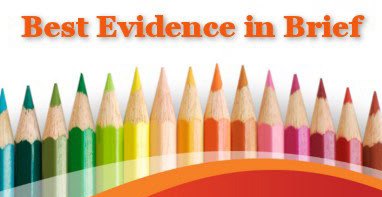Recent research has highlighted the significant benefits of early dual language education, incorporating both English and a target language from kindergarten onwards. This approach has been shown to significantly enhance academic achievement in upper elementary grades for both native English speakers and English learners, particularly in reading, English Language Arts, and math.
Morales’ recent brief report presents findings on the impact of dual language immersion (DLI) programs on early elementary students’ math and reading test scores. Using individual-level data from four cohorts of kindergarten and first-grade students who participated in DLI lotteries of two public school districts in metro Atlanta between 2016 and 2019, the study evaluated students’ test scores up to fourth grade to estimate the intent-to-treat (ITT) effects of DLI. Comparisons were drawn between those who gained access to DLI programs and those receiving monolingual education instead. The enrollment of at least one year in one of the 10 identified DLI programs (with Spanish, French or German as target languages) involved 1,423 students in the lottery, of whom 812 were randomly selected.
Overall, estimates from the sample show an increase in reading (ES=+0.12) and math test scores (ES=+0.14) for those with access to a dual language program. Further analyses indicated that the choice of target language (Spanish, French, or German) did not significantly impact the positive outcomes, and that improvements in both reading and math scores tended to increase over time. While these results should be interpreted with caution, they strongly suggest that the positive effects of bilingual education, evaluated in a context where dual language education is expanding, are realized gradually over time, and can be observed as early as first grade.

